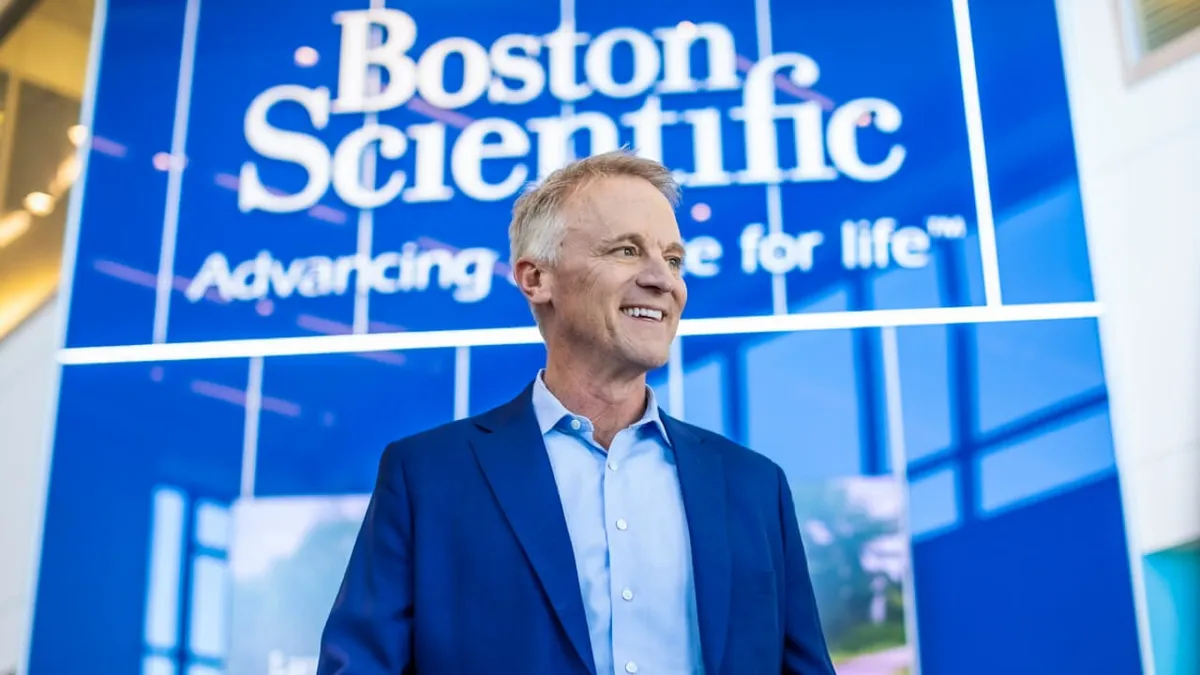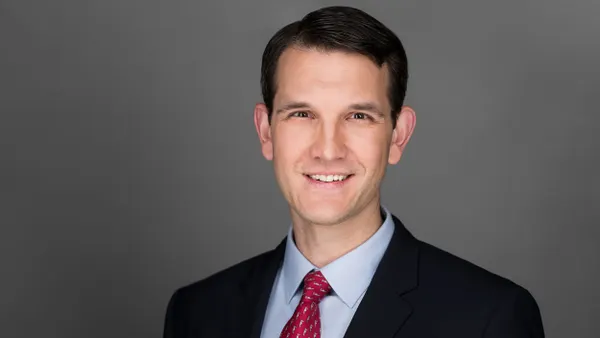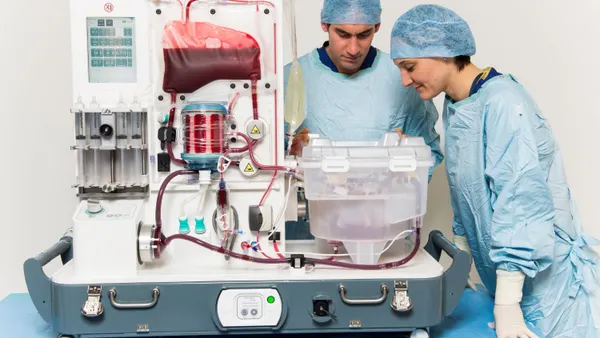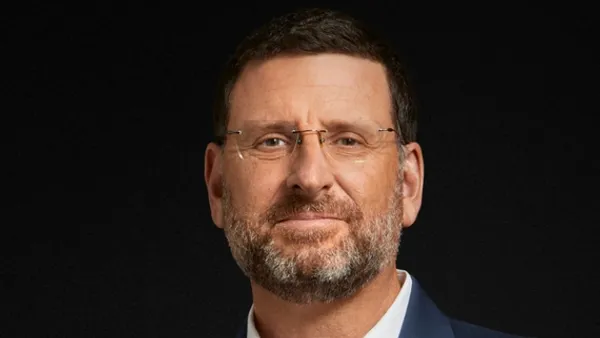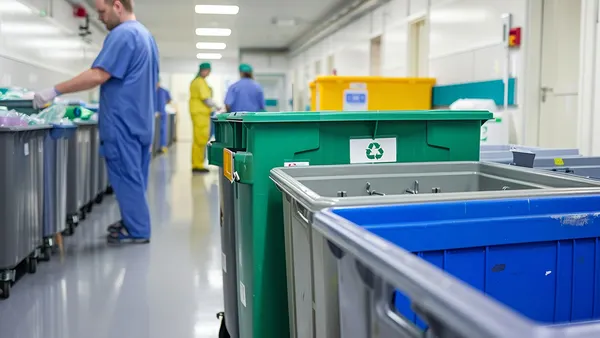Dive Brief:
- Boston Scientific is planning to update its $200 million tariff impact forecast in response to changes since it made the prediction last month, CEO Mike Mahoney told investors Wednesday.
- Mahoney discussed tariffs at a Bernstein analyst event, telling attendees the world is in “a better situation” than when Boston Scientific made its current forecast. The company will update its outlook when it reports second quarter results in July.
- The CEO also shared more information on the decision to end transcatheter aortic valve replacement sales, and another executive discussed the impact of Food and Drug Administration layoffs on review times.
Dive Insight:
Boston Scientific’s $200 million tariff forecast assumed the 100%-plus tariffs on trade between the U.S. and China stayed in place and the paused tariffs on trade with Europe would resume in the third quarter. Since then, the U.S. and China have agreed to cut bilateral tariffs by 115 percentage points. The situation with the European Union is in flux but there have been signs of progress in recent days.
Reflecting on the current situation, Mahoney said recent changes will be “a benefit” to Boston Scientific, adding that “ideally, the tariffs will become less noisy over time, so we can best allocate capital the right way.” The CEO spoke with investors before a court blocked most of President Donald Trump’s sweeping executive orders on tariffs late Wednesday. However, a federal appeals court quickly paused the ruling on Thursday.
Mahoney said the positive impact of lower tariffs on Boston Scientific’s margins will be offset by the decision to stop sales of Acurate Neo2 and Acurate Prime TAVR. Boston Scientific, which sells the TAVR devices in Europe, generated full-year sales of the products around $200 million, Mahoney said. The CEO said additional investment needed to keep the devices on the European market triggered the decision.
“It was the various regulatory agencies in Europe, varying degrees of opinions on it and the requirements to do extended registries that weren't feasible in some countries,” the CEO said, “the follow-up required, the cost of the investment and also the burden that would place on hospitals and consent with patients didn't make sense.”
The decision to stop sales in Europe and drop plans to win approval in the U.S. marks the second time Boston Scientific has dropped a TAVR product. The company stopped selling its Lotus Edge TAVR device in 2020. Mahoney said Boston Scientific will continue to scan the market and could re-enter the TAVR space if it found a differentiated platform, citing the turnaround of its electrophysiology unit as a precedent.
Ken Stein, chief medical officer at Boston Scientific, fielded a question about whether interactions with the FDA have changed since the layoffs at the agency. The near-term impact on the company has been minimal.
“The things that were covered under [Medical Device User Fee Amendments] with user fees, they fired a whole bunch of people, but then they rehired all of them, so I'd say not too much of a change there,” Stein said. “Today, review teams are largely intact and we really haven't had any particular difficulties with any of our submissions that are under review right now.”
In the longer term, Stein said Boston Scientific will have to “wait and see as we look at what some of the impact is, maybe at some of the offices of innovation within FDA.”

